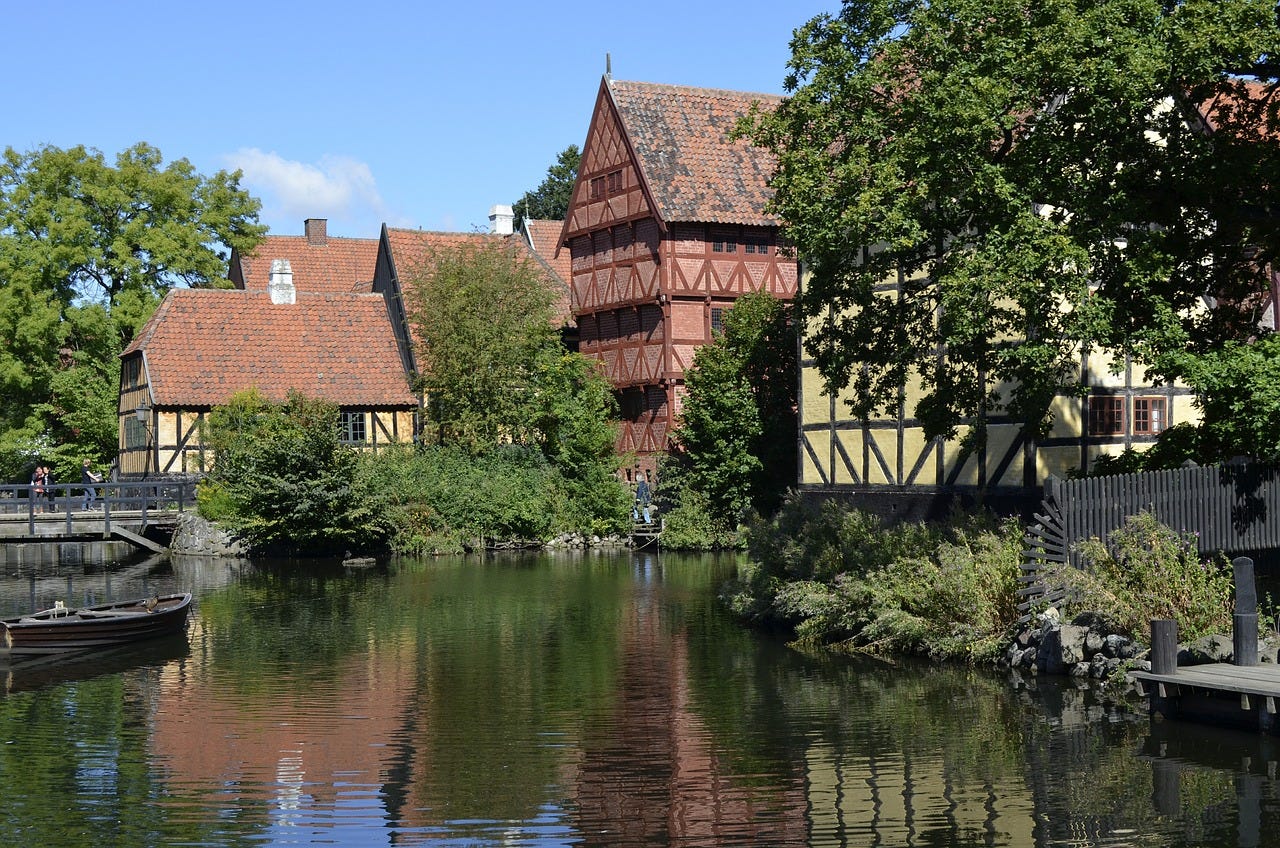Why has the Planning Bill been Delayed?
Administrative Practicality or Something More Substantive?
In April, Minister for Housing, Local Government and Heritage Darragh O'Brien TD said that the Planning Bill would be passed before the Dáil's summer recess “come hell or high water”. It will not be. Why not?
On 13 June, RTE reported that “that further time will be required by the Bills Office to prepare the new law for consideration by the Seanad and to process subsequent amendments”. The reason for the delay appeared to be merely administrative.
A European side trip and a look at what has been described as "quite possibly the most influential international agreement of its kind in the sphere of international environmental law" (Hogan J, Waterville Fisheries Development v Aquaculture Licenses Appeals Board [2014] IEHC 522, para 6) might indicate a reason for the Bill's delay much more difficult to resolve.
The Aarhus Convention
Aarhus is the second largest city in Denmark, situated on the country's east coast. Its existence would be unknown to the vast majority of us but for the fact that in June 1998 the United Nations Economic Commission for Europe (UNECE) Convention on Access to Information, Public Participation in Decision-making and Access to Justice in Environmental Matters, the Aarhus Convention (“the Convention”), was signed there.
There are now 47 parties to the Convention (“the Parties”), the majority European but including some central Asian countries. Russia is not a member. The UK is.
The Status of the Convention in Ireland
Ireland ratified the Convention on 20 June 2012 but it is “striking that the Oireachtas did not make the Aarhus Convention part of our domestic law” (Hogan J, Waterville Fisheries, para 10). By Article 29.6 of the Constitution “no international agreement shall be part of the domestic law of the State save as may be determined by the Oireachtas.”
In order for the Convention to have legal effect in Ireland, “it is necessary to demonstrate that a relevant provision of the Aarhus Convention is material either because it has the potential to be directly effective itself as a matter of European law, because the Convention may be relevant in interpreting measures of the European institutions designed to give effect to its provisions or because it is said that, in some other way, Union law requires the application of the Convention in Ireland.” (Clarke J, Conway v Ireland [2017] IESC 13,para 2.5)
The Convention's Compliance Committee
Under Article 15 of the Convention, the 'Aarhus Convention Compliance Committee' (“the Committee”) was established to review the Parties' compliance with the Convention. The Committee is comprised of nine experts in fields to which the Convention relates including persons with legal experience. The Committee's decisions do not have binding effect but they are usually adopted by the Parties on a voluntary basis.
The Committee's Investigation of Ireland
At a meeting in October 2021 (Decision VII/8i, “Compliance by Ireland with its obligations under the Convention”), the Parties endorsed the finding of the Committee that Ireland was in breach of its obligations under the Convention in respect of certain matters and made certain recommendations and requests, within a programme of review, designed to ensure Ireland's compliance with the Convention.
Within this process, the Committee is reviewing the compliance with the Convention of s42 of the Planning and Development Act 2000 (which provides for applications to extend the period under a planning permission within which a development must be completed). In its latest review, the Committee also considered the provisions of the Planning Bill intended to replace section 42 in Part 4 Chapter 5 of the Bill.
The latest review by the Committee was published on 10 June, the day before the Planning Bill commenced its Report Stage in the Dáil.
In its review, the Committee refers to the version of the Bill as initiated in the Dáil since when the relevant section numbers have changed. I will refer to the section numbers in the most recent iteration of the Bill as it entered the Dáil's Report Stage earlier this month, No 81a of 2023.
The Bill distinguishes
Keep reading with a 7-day free trial
Subscribe to Irish Planning and Environmental Law to keep reading this post and get 7 days of free access to the full post archives.




